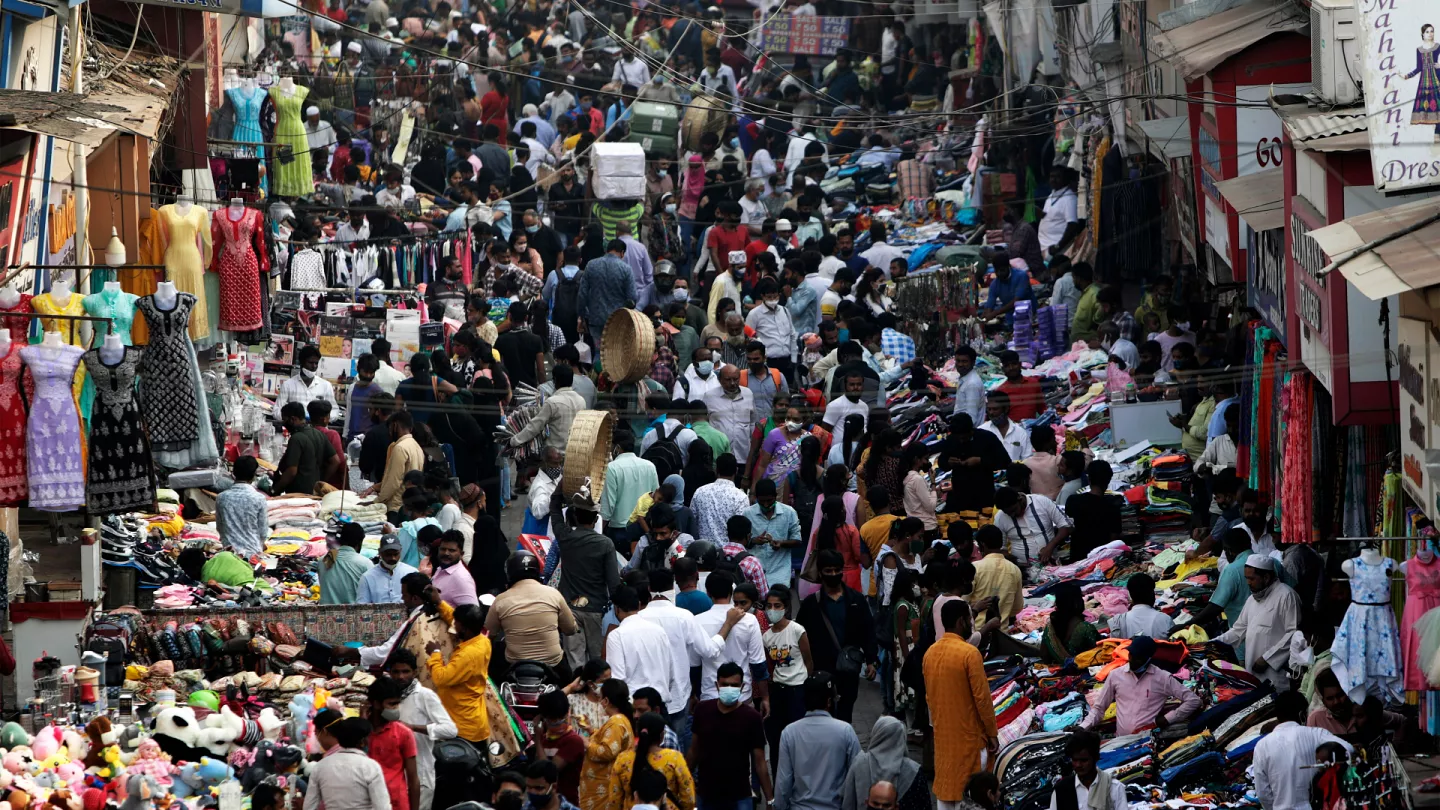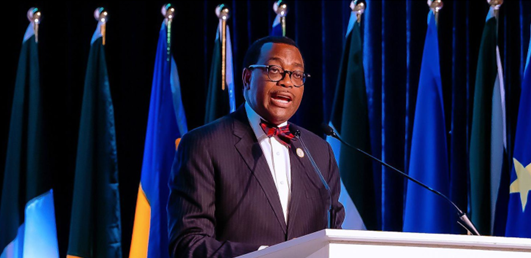
UN population Report 2022: Global Population hits eight billion
The United Nations, an intergovernmental organization, has announced that the world’s population has reached eight billion people, warning of more hardship in store for regions already facing resource scarcity because of climate change.
According to John Wilmoth, the director of the UN’s population division, he said that, reaching eight billion people is “a sign of human success, but it’s also a great risk for our future”.
The UN confirmed that India has surpassed China as the most populated country on the planet.
The report also states that more than half of the projected population is concentrated in eight countries: the Democratic Republic of the Congo, Egypt, Ethiopia, India, Nigeria, Pakistan, the Philippines and the United Republic of Tanzania.
Middle-income countries, mainly in Asia, accounted for most of that growth, gaining some 700 million people since 2011.
United Nations reports that the world’s population could grow to around 8.5 billion in 2030 and 9.7 billion in 2050. It is projected to reach a peak of around 10.4 billion people during the 2080s and to remain at that level until 2100.
Global life expectancy at birth reached 72.8 years in 2019, an improvement of almost nine years since 1990. Further reductions in mortality are projected to result in an average global longevity of around 77.2 years in 2050. Yet in 2021, life expectancy for the least developed countries lagged seven years behind the global average
UN Secretary-General António Guterres said: “This year’s World Population Day falls during a milestone year, when we anticipate the birth of the Earth’s eight billionth inhabitant. This is an occasion to celebrate our diversity, recognize our common humanity, and marvel at advancements in health that have extended lifespans and dramatically reduced maternal and child mortality rates.”
The secretary general stressed that the new data is a “reminder for shared responsibility” over the care for our planet. He added: “At the same time, it is a reminder of our shared responsibility to care for our planet and a moment to reflect on where we still fall short of our commitments to one another.















